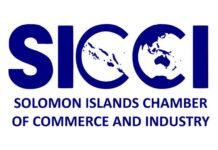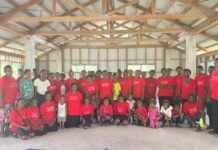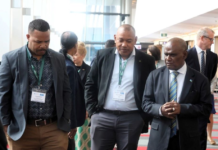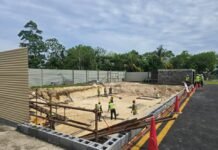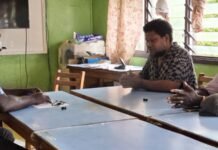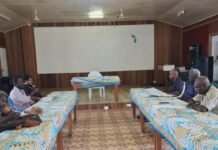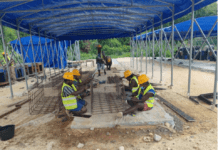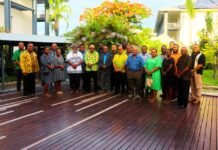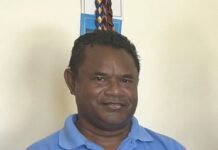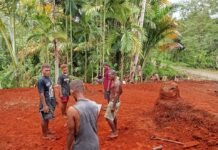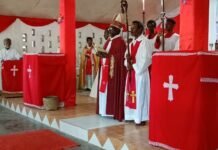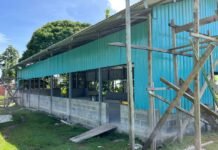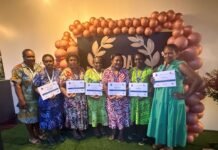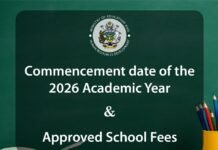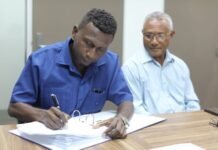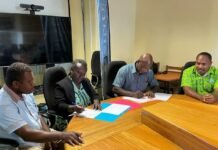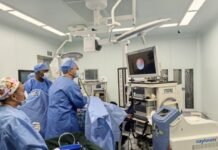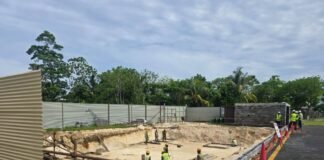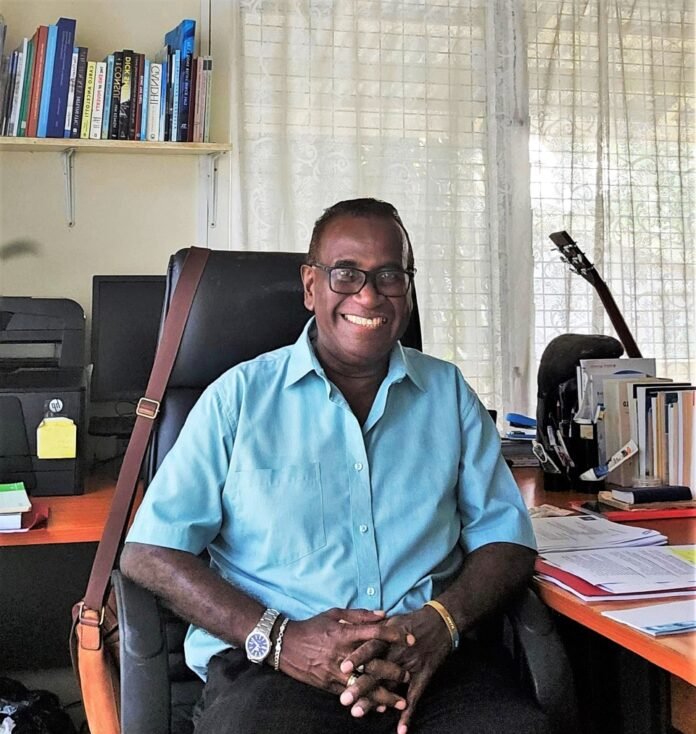
BY PROFESSOR DR. TRANSFORM AQORAU
THE issue of electoral reform in Solomon Islands is pressing, especially given the historical context and challenges associated with the first-past-the-post (FPTP) system currently in place. As we look toward next week’s elections, there is a growing concern that for most of the constituencies, the election results will disappoint the majority of the voters. This dissatisfaction stems from the inherent limitations of the FPTP system, where a candidate can win with only a plurality of votes, rather than a clear majority.
The electoral system bequeathed to us is not inherently ours; it is a legacy of a foreign imposition. To genuinely claim a functioning democracy, it is imperative that our politicians are elected through a democratically formalised process that garners majority voter support. This would legitimise politicians’ claims of having a true mandate from the people.
Given these considerations, Solomon Islands could benefit from exploring alternative electoral systems that ensure broader representation and majority support. Proportional Representation (PR), Ranked Choice Voting (RCV), and Mixed-Member Proportional (MMP) systems are notable alternatives that could potentially address the shortcomings of the FPTP system. These systems could reduce wasted votes, ensure fairer representation of political parties, and guarantee that elected officials have the majority support of their constituents.
Moreover, implementing regular constituency delimitation and redistricting could help achieve more equitable representation and prevent vote dilution or concentration. However, transitioning to a new electoral system would necessitate comprehensive public education to ensure voters understand the new voting process, alongside necessary legal and constitutional amendments.
In light of these challenges and opportunities, the Electoral and Reform Commission might well consider these alternatives for the 2028 elections. Reforming the electoral system could significantly enhance the democratic landscape of the Solomon Islands, ensuring that elected representatives truly reflect the will of the majority.







